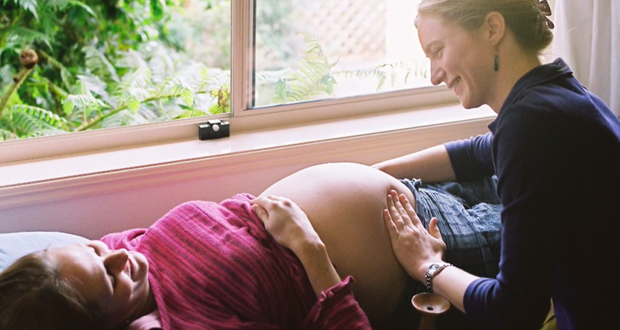Too much intervention in maternity care in high-income countries and too little in low-income countries. Fragmented care. High rates of stress and burnout for midwives and other health professionals.
These are some of the issues that will be explored in a new free MOOC focused on the ways in which moving to a relationship-based maternity care model can significantly improve outcomes anywhere in the world.
Available on social learning platform FutureLearn, Maternity Care: Building Relationships Really Does Save Lives aims to connect individuals from around the world and explore why care is not currently meeting the needs of women.
Course lead Professor Jenny Gamble from Griffith University said many women around the world receive insufficient or fragmented maternity care, which contributes to poor health and wellbeing including avoidable deaths of mothers and babies. “Simultaneously the opportunity to enhance health and the health of communities is overlooked.”
Gamble said the course shows learners how to apply the Lancet series on Midwifery evidence-based Framework for Quality Maternity and Newborn Care.
“Our role is to explain why we need relationship-based care during pregnancy and early mothering and how this produces better outcomes for the mother, baby, midwife and other maternity care professionals.
“We then provide learners with the tools and skills to enable them to make a difference in changing the design and delivery of maternal and newborn care and save lives.
“There are also lots of opportunities to see at first-hand how ordinary people are taking extraordinary action and making a real difference to maternity services in their local community. For example, one of our short videos documents how a woman in a low-income country started an integrated birthing service.”
The course runs for three weeks from November 20.
Do you have an idea for a story?Email [email protected]
 Aged Care Insite Australia's number one aged care news source
Aged Care Insite Australia's number one aged care news source

